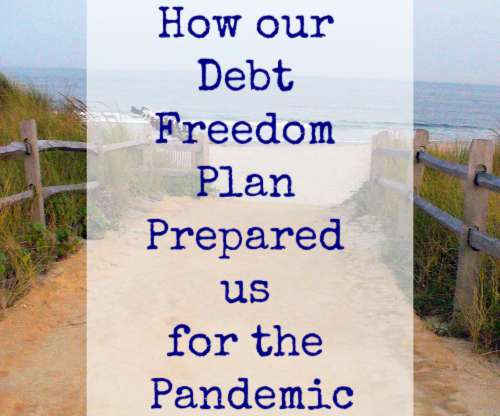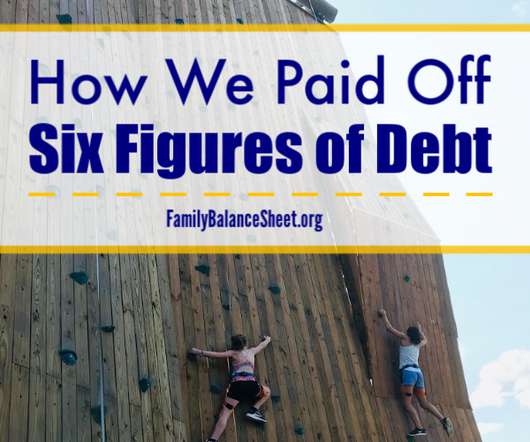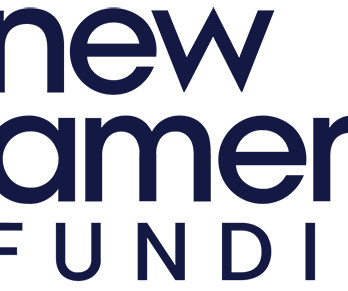How our Debt Freedom Plan Prepared Us for the Pandemic
Family Balance Sheet
MAY 6, 2020
Our emergency fund. I am totally paraphrasing the year, but had it not been for the money in our emergency savings, we would most likely have used credit cards to survive. We reduced our spending where we could, but the money to pay any shortfall each month came from our emergency fund. Yep, life was good.












Let's personalize your content